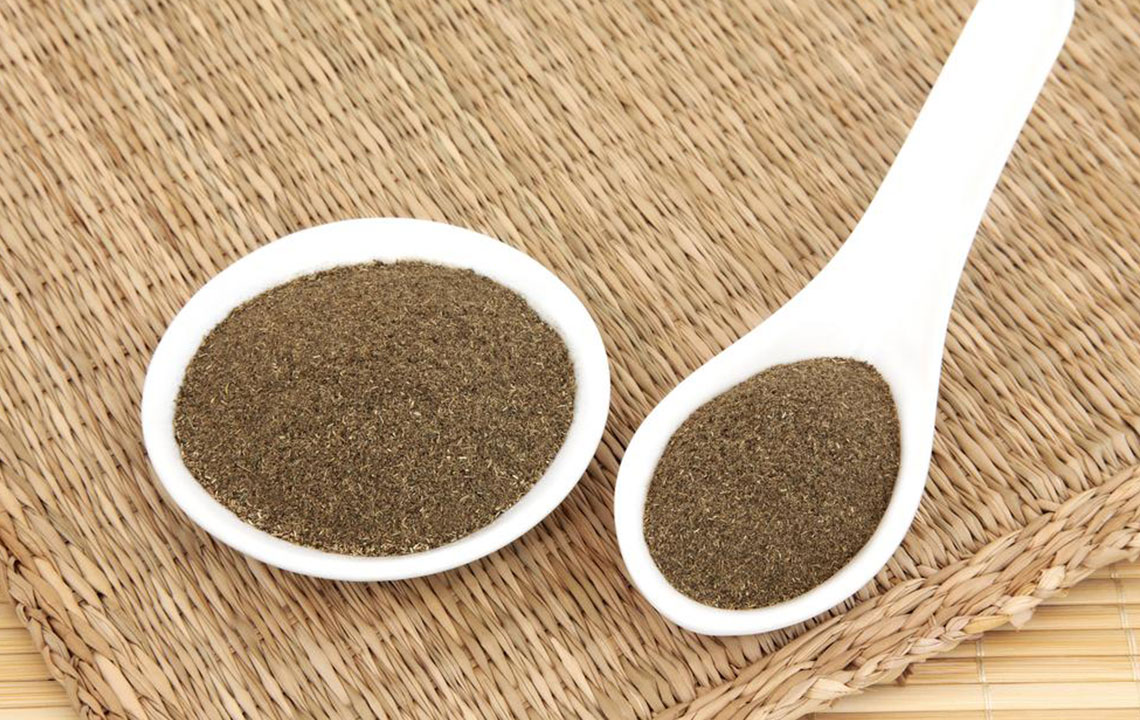Comprehensive Guide to Natural Methods for Relieving Stomach Gas Discomfort
Discover effective natural remedies to relieve stomach gas and bloating quickly. From dietary adjustments to herbal teas and natural supplements, learn how to manage discomfort safely and improve your digestive health. This comprehensive guide offers practical advice for reducing gas symptoms naturally and promoting a healthier gut.

Effective Natural Strategies to Alleviate Stomach Gas and Bloating
Experiencing stomach gas is a widespread issue affecting many individuals worldwide. It can result from various factors, most notably dietary habits. While certain foods are known to trigger excessive gas and bloating, others can actually aid digestion and reduce discomfort. Understanding which foods contribute to indigestion and which promote relief is essential for managing symptoms promptly and effectively. In this extensive guide, we will explore proven natural remedies that can help alleviate stomach gas quickly and safely, providing relief without relying on medications.
Optimizing Your Diet and Eating Habits
The foundation of managing and preventing excessive stomach gas lies in adjusting your dietary habits. Foods that are high in fats, carbonated beverages, and fiber-rich items like beans, lentils, and certain vegetables can produce significant amounts of gas during digestion. Dairy products, especially in lactose-intolerant individuals, can also cause bloating and discomfort. To minimize these symptoms, consider reducing the intake of these foods, especially during meals that you know tend to cause symptoms. Instead, opt for easier-to-digest options, incorporating gentle foods that support healthy digestion. Eating smaller, more frequent meals rather than large ones can also alleviate the burden on your digestive system, allowing for smoother processing and less gas production.
Utilize the Benefits of Peppermint
Peppermint has been revered for centuries for its digestive soothing properties. Consuming peppermint tea or oral supplements can help relax the muscles in the gastrointestinal tract, leading to a reduction in gas and bloating. Peppermint oil capsules are widely used and have shown effectiveness in alleviating symptoms. However, it is advisable to consult with a healthcare professional before starting any supplement regimen, particularly if you are taking prescribed medications or have underlying health conditions.
Engage in Light Physical Activity
Gentle exercise and physical activity after meals can play a crucial role in expelling trapped gas. Activities such as walking, light jogging, stretching, or yoga help stimulate the digestive system, enabling faster movement of gas through the intestines. Regular movement can prevent gas buildup altogether and reduce the discomfort associated with bloating.
Consume Herbal Teas for Digestive Comfort
Drinking herbal teas such as chamomile, mint, and green tea can soothe the digestive tract, reduce inflammation, and promote gas release. Chamomile tea, in particular, is known for its anti-inflammatory and calming effects on the stomach. It can be especially effective when consumed before meals or before bedtime to prevent or relieve indigestion and bloating.
Try Apple Cider Vinegar as a Natural Digestive Aid
Apple cider vinegar (ACV) is a popular remedy for improving digestion. Taking a small amount of diluted ACV before meals can stimulate digestive enzymes and gastric juices, making overall digestion more efficient. Not only does this help reduce gas, but it can also diminish bloating and support gut health when used consistently and in moderation.
Incorporate Clove Oil for Gas Relief
Clove oil, derived from aromatic flower buds, has long been used in traditional medicine to promote digestive health. Adding a few drops of clove oil to a glass of warm water and consuming it after meals can help relax the digestive muscles, easing symptoms of gas and bloating. As always, ensure proper dilution and consult with a healthcare provider to avoid any adverse effects.
In conclusion, managing stomach gas effectively involves a combination of dietary adjustments, natural remedies, and lifestyle habits. By incorporating these strategies, individuals can experience significant relief from discomfort and maintain better digestive health. Remember that individual responses to natural remedies may vary, and consulting a healthcare professional before initiating new treatments is always recommended for personalized care.





